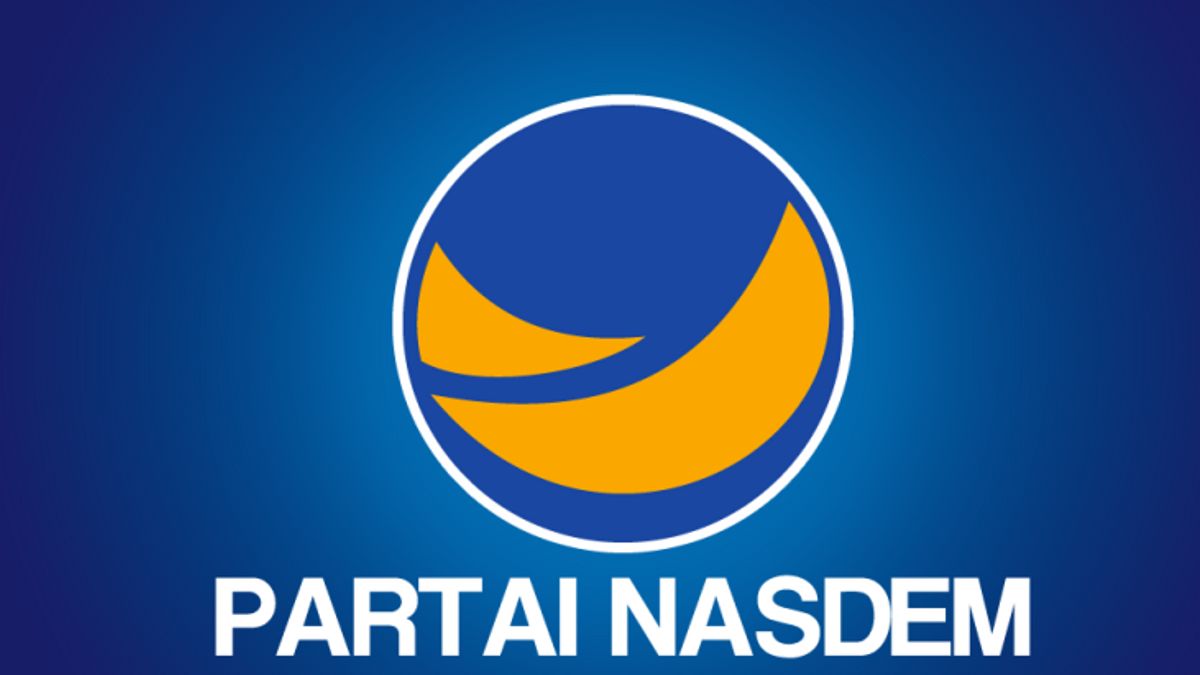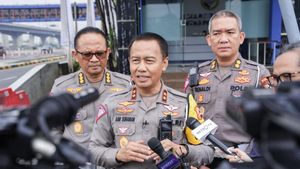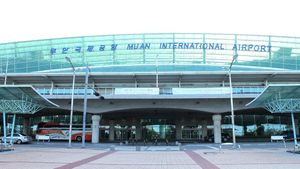JAKARTA - The electability of the NasDem Party is below the parliamentary threshold of 4 percent. The figure reached 3.8 percent, down from the previous 5.1 percent.
The decline in the electability of NasDem occurred in the Polmatrix survey, March 11-20, 2022. "After appointing Anies as one of the presidential candidates, NasDem's electability fell below the parliamentary threshold," said Polmatrix Indonesia Executive Director Dendik Rulianto in his statement quoted Between, Sunday 26 June.
According to Dendik, NasDem's choice was actually very rational considering the figure of the Governor of DKI Jakarta Anies Baswedan as an alternative for some Indonesians.
Initially, the direction of NasDem's support for Anies did provide electoral incentives, as illustrated by the high electability since December 2021. However, when official support was given by NasDem, the electability of this party actually experienced a sharp decline.
NasDem General Chair Surya Paloh once suggested the Anies-Ganjar duo to end polarization in society. However, it really depends on the coalition that is formed with other parties, especially the Governor of Central Java Ganjar Pranowo who is still bound as a PDI-P cadre.
PDI-P still holds the leading position in electability of political parties with 17.8 percent electability, followed by Gerindra with 12.4 percent. Then there are PKB (8.8 percent), Democrats (8.5 percent), Golkar (7.3 percent), PSI (5.4 percent), and PKS (5.1 percent). Thus, only seven political parties whose electability is above the 4 percent threshold.
"NasDem still has to prove whether Anies' candidacy does not threaten the spirit of restoration being promoted," said Dendik.
So far, the other parties have not officially proposed the name of a presidential candidate, including the United Indonesia Coalition (KIB). "In addition to Golkar, two KIB members are still below the threshold, namely PPP (2.6 percent) and PAN (1.6 percent)," said Dendik.
Predictions for the emergence of the coalition axis depart from the votes won in the 2019 elections and the current map of support. Apart from these parties, there are small and newly formed parties to participate in the 2024 General Election.
The highest electability is still in the range of 1 percent, namely the Ummat Party (1.4 percent), Gelora (1.2 percent), and Perindo (1.0 percent). Others are Hanura (0.6 percent), PBB (0.3 percent), PKPI (0.1 percent), and Berkarya (0.1 percent).
Garuda and Masyumi Reborn had zero support, while the other parties only received 0.9 percent support. On the other hand, there are still 21.3 percent who say they don't know/don't answer.
Polmatrix Indonesia survey on 16-21 June 2022 to 2,000 respondents representing 34 provinces. The survey method was multistage random sampling with a survey margin of error of 2.2 percent and a confidence level of 95 percent.
The English, Chinese, Japanese, Arabic, and French versions are automatically generated by the AI. So there may still be inaccuracies in translating, please always see Indonesian as our main language. (system supported by DigitalSiber.id)













